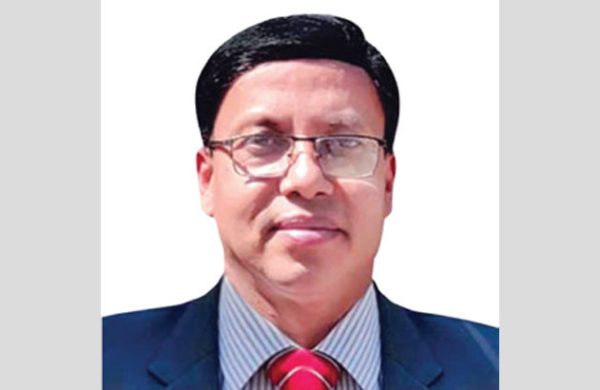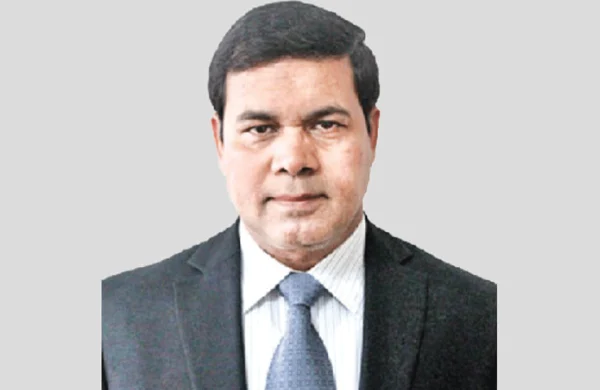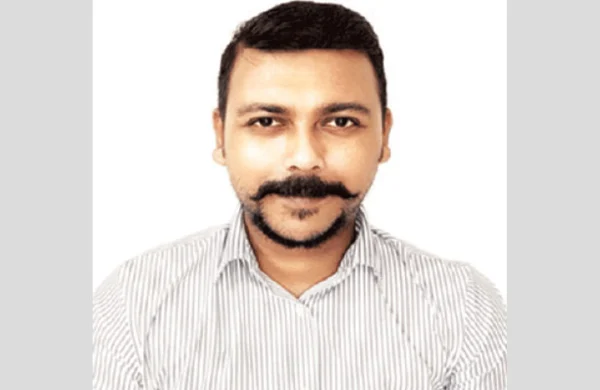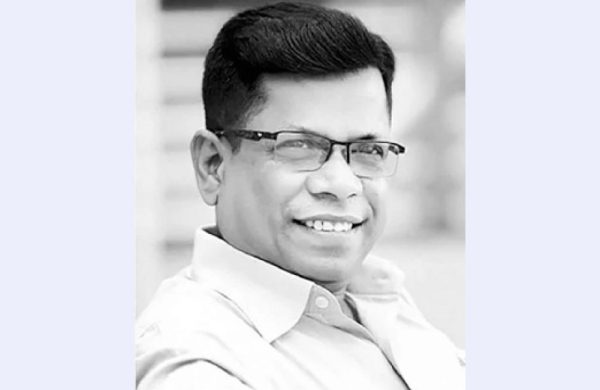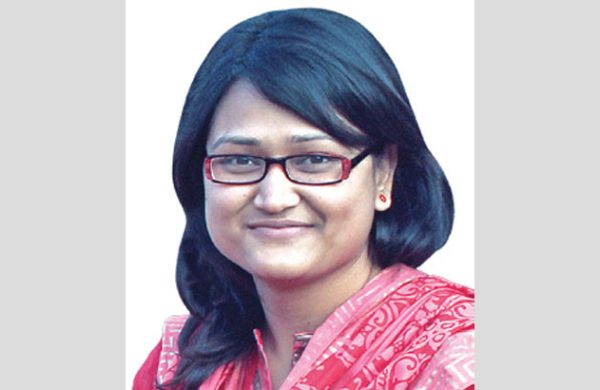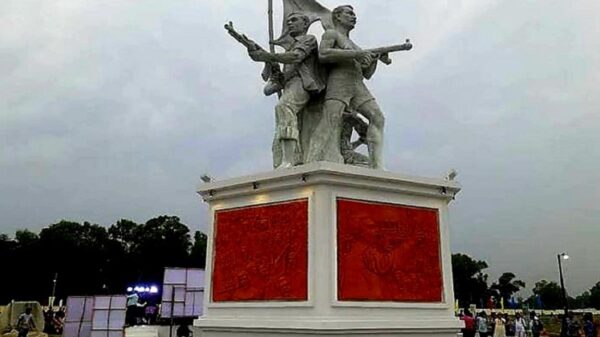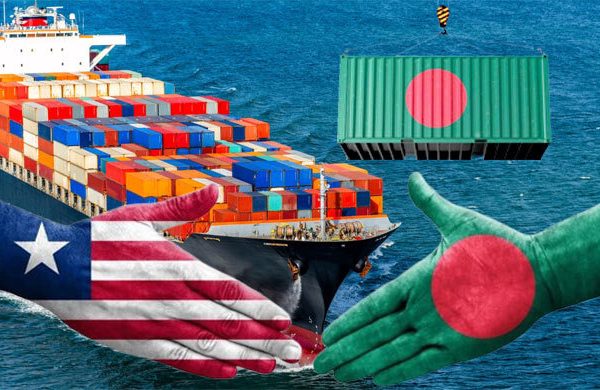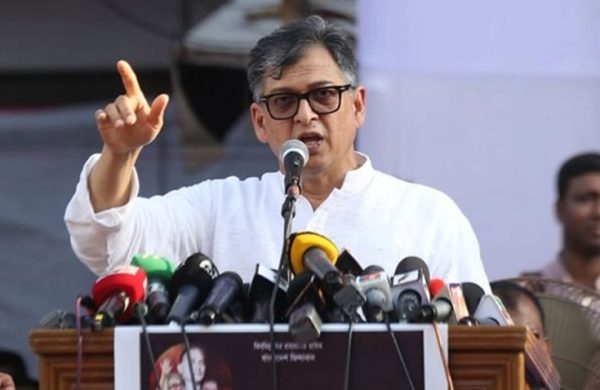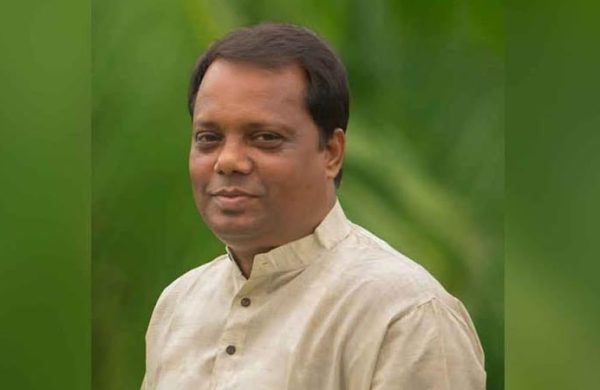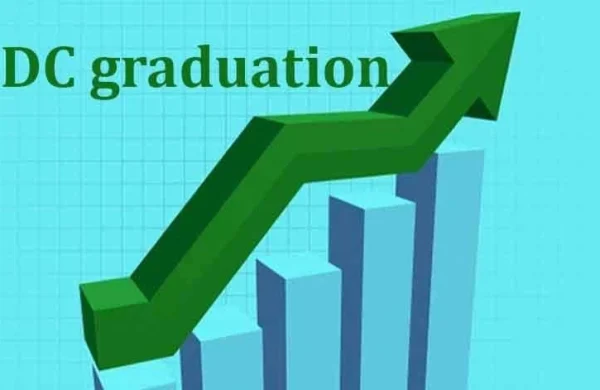Governments come and go, institutions must endure
- Update Time : Monday, June 30, 2025
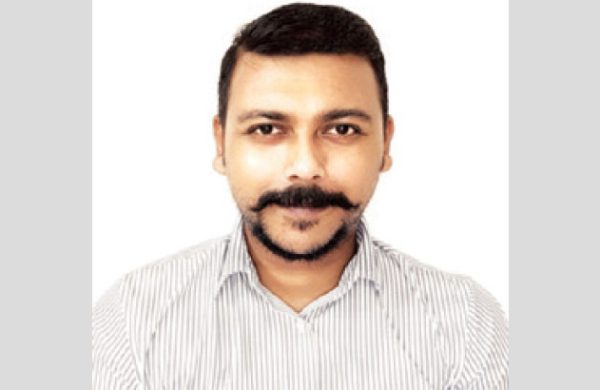
— HM Nazmul Alam—
According to democratic theory, the state is supposed to function through a separation of powers, a system of checks and balances where none of the three branches — executive, legislative, or judiciary — dominates the others. Over time, a fourth branch, the media, emerged to act as a watchdog.
In many developing countries, what we see is not balance, but imbalance. The administration, which should operate as a neutral, professional civil service working under constitutional guidelines, too often becomes an instrument of political command, bending to the whims of ruling parties.
Why should the administration run according to the orders of political party leaders and activists, many of whom have no official role in governance?
This is not a mere opinion; it is a foundational principle of constitutional governance. When this line is blurred, the whole machinery of the state suffers. And yet, in many parts of the world — South Asia, Africa, Latin America — this blurring is not the exception but the norm.
Who should run the administration? Critics sometimes allege that officials in key positions are loyal to the previous government.
Serving the republic, not the ruling elite
This accusation is not uncommon in politically volatile environments. Politics cannot be simplified into a binary of ‘ours’ versus ‘theirs.’ A state cannot be run on the belief that bureaucrats are inherently loyal to one party or another. The administration is not a political party’s cadre force. These officials are employees of the republic, not the ruling elite.
The problem deepens when governments that come to power through political movements, street struggles, or revolutionary fervour believe that the entire administration must fall in line with their demands immediately, regardless of legality or administrative procedure.
There is a dissonance between the euphoria of political victory and the dry, deliberate routines of governance. This dissonance is not resolved by sidelining the administrative apparatus; it should be managed through institutional discipline, respect for law, and long-term statecraft.
The German sociologist Max Weber, through his theory, proposed the “ideal type of bureaucracy,” emphasizing that bureaucracy is not a relic of monarchies or colonial empires but a rational-legal system essential to the modern state.
The impersonality Weber spoke of was not a lack of human feeling, but a necessary condition for impartial governance. In this model, bureaucrats are to carry out the law, not the political fantasies of the ruling party.
But especially in fragile democracies and transitional regimes, we see the reverse. The bureaucracy is often politicized, either by design or by desperation. Those in power may distrust professional bureaucrats, assuming them to be loyal to former regimes, or may simply prefer to place loyalists in key posts regardless of merit. The result is a civil service that is either paralyzed by fear or corrupted by opportunism.
“Political control of bureaucracy is essential in a democracy,” writes Francis Fukuyama, “but politicisation of bureaucracy is not.” The distinction is subtle but profound. Political control means elected officials set policy direction, but execution remains in the hands of neutral professionals. Politicisation, on the other hand, transforms the administration into an extension of the ruling party. Once that happens, the very notion of impartial service delivery, rule-based administration, and institutional continuity collapses.
In countries where political regimes change frequently but institutions remain weak, each new ruling coalition attempts to remake the state in its own image. The logic is simple: If the last government did it, so can we. The deeper problem is not just partisanship, but the absence of institutional memory, constitutional literacy, and respect for due process.
The consequences are far-reaching: Not only does this erode the efficiency and morale of the administration, it also undermines public trust. The bureaucracy becomes hesitant, fearful, or worse, complicit.
NO PLACE FOR POLITICAL RHETORIC
A government program, be it for infrastructure, health, education, or economic reform, cannot be implemented by political rhetoric alone. It requires the nuts and bolts of governance. To reduce it to a tool of political convenience is to cripple the very mechanism that turns policy into practice.
Moreover, the administration’s role is not merely technical; it is deeply political in the classical sense — in the sense of serving the public good. In John Rawls’s terms, institutions must be just not only in their outcomes but in their processes. If administrative processes are hijacked by political loyalties, then distributive justice becomes a casualty.
In this light, the argument that all bureaucrats are beholden to the previous regime becomes dangerously reductive. It ignores the fundamental idea that civil servants swear allegiance not to a party, but to the constitution. It also deflects attention from a more uncomfortable truth: perhaps the new regime lacks competent people of its own to implement its vision. If so, that is not the fault of the bureaucracy, but a sign of the ruling party’s lack of preparedness.
Indeed, one could ask: If those now in power consider the bureaucracy as alien or oppositional, where are their people? Why were they not prepared to govern with a professional team? Why is loyalty valued over expertise? Why is sycophancy preferred over competence?
THE ROLE OF THE MEDIA
This is where the role of the media, the Fourth branch, becomes crucial. If the legislature becomes a rubber stamp and the judiciary is silent or captured, it is up to the media to ask these difficult questions. But in many countries, the media itself is under siege — co-opted, censored, or bought.
As political scientist Guillermo O’Donnell pointed out in his seminal work on delegative democracies, many countries have elected governments but not functioning democracies. Leaders act as if winning an election gives them the right to override all other institutions. In this model, the executive does not share power; it consumes it.
But a nation is not a prize to be claimed, nor a fiefdom to be inherited. It is where different branches of power must interact, contest, and balance each other. If political leaders are unwilling or unable to respect this balance, then even the most well-written constitution is reduced to a piece of paper.
We often hear that political instability threatens economic development. That is true. But equally true is the fact that administrative instability — or politicised governance — destroys the long-term capacity of the state to function effectively.
No amount of foreign aid, investment, or GDP growth can substitute for the rule of law and a functioning bureaucracy.
The administration must be allowed to function like the administration. That means following rules, upholding merit, maintaining neutrality, and resisting political overreach. It also means being held accountable, not just by the government of the day but by the citizens whom they serve.
If developing countries are to escape the cycles of dysfunction and dependency, they must invest not only in roads and ports, but in institutions. That means professionalizing the civil service, insulating it from political pressure, and educating the public about its role. Only then can we expect administrations to serve not this party or that, but the republic itself.
Otherwise, we will remain trapped in what political scientist Samuel Huntington once called “the gap between political participation and institutionalization.” And in that gap, nations falter.
The administration is not a servant of politics, but a steward of the state. Until that distinction is both understood and respected, there will be no end to frustration, no remedy for dysfunction, and no path to real democracy.
——————————————————————–
HM Nazmul Alam is an academic, journalist, and political analyst based in Dhaka, Bangladesh. He can be reached at [email protected].


